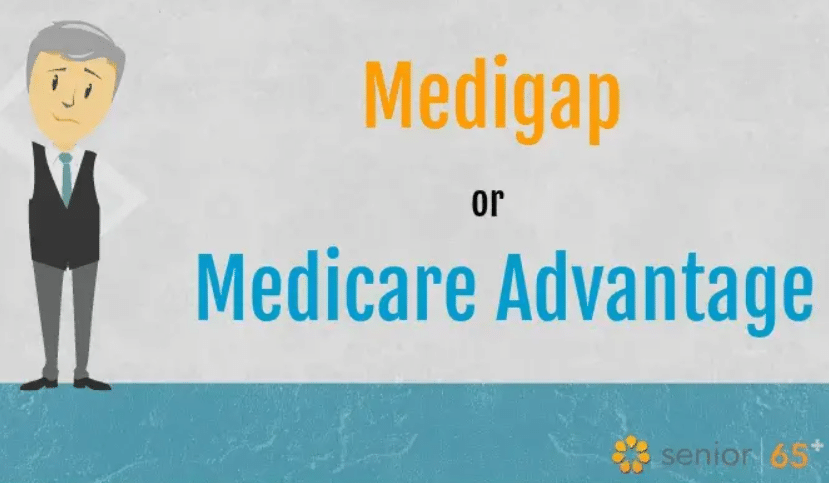How does senior vision insurance work? Since there is no “standard” vision plan, senior vision coverage depends on a variety of factors. Let’s review the major options below:
It is not required to be a “senior” to qualify for Medicare but Original Medicare Part A and B does not cover vision expenses such as eye exams, glasses, or contact lenses. That being said, there is Medicare vision coverage for glaucoma screenings, diabetic retinopathy screenings, and macular degeneration tests and treatments.
Medigap plans will cover most or all of the deductibles, copays, and coinsurance that Medicare passes on to you. Since Medicare doesn’t cover eye exams, glasses or contacts, neither do most Medigap plans. There are a few exceptions such as the “Innovative” or “Extra” plans in CA that offer bundled vision and hearing coverage.
Medicare Advantage (MA) can cover vision but since MA plans are not standardized, vision benefits vary from plan to plan.
Stand Alone Vision
Most people looking for vision coverage end up selecting “stand-alone” vision which is also known as “individual vision.” Stand-alone vision plans are insurance that covers some of your vision-related expenses such as eye exams, glasses, and contact lenses, and are available regardless of your age. You can sign up for individual vision coverage at any time in your life.
The largest company that offers vision benefits is called VSP Global. VSP stands for their very descriptive Vision Service Plan. Plan options start as low as $13 a month. Get a VSP quote.
Should I purchase a Vision plan?
If you have a Medicare Advantage plan that includes vision, there is rarely a need to purchase a separate plan. If you have Original Medicare or a Medigap plan, and you have glasses or contacts, it may save you money to purchase a vision plan.











